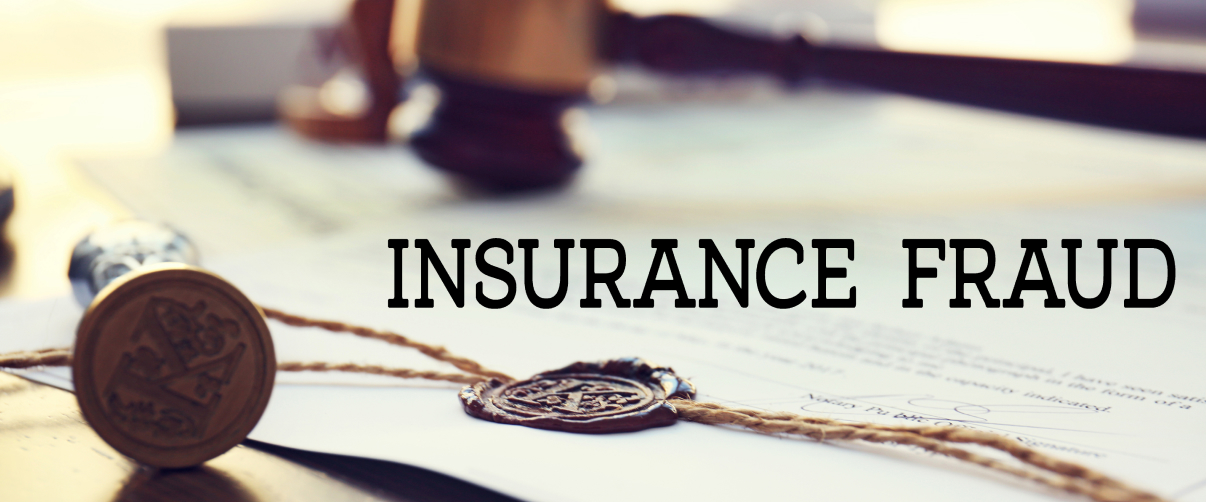In today’s digital age, the threat of banking and insurance frauds is more prevalent than ever. Cybercriminals are constantly evolving their tactics, making it essential for individuals to stay vigilant and proactive in safeguarding their financial assets. Here are the top five ways to protect yourself from banking and insurance frauds.
Top 5 Ways to Protect Yourself from Banking and Insurance Frauds

1. Strengthen Your Online Security
With the majority of banking transactions moving online, it’s crucial to ensure your digital defenses are robust.
-
Use Strong, Unique Passwords: Creating complex passwords and changing them regularly can prevent unauthorized access. Consider using a password manager to keep track of them securely.
-
Enable Two-Factor Authentication (2FA): Adding an extra layer of security by requiring a second form of verification can significantly reduce the risk of account breaches.
-
Keep Your Software Updated: Regularly updating your devices and applications ensures you have the latest security patches that protect against known vulnerabilities.
It’s important to recognize deceptive communications and safeguard personal information to stay ahead of potential threats.
2. Be Wary of Phishing and Scams
Phishing attempts have become increasingly sophisticated, often mimicking legitimate organizations to trick you into revealing sensitive information.
-
Verify Emails and Calls: Always double-check the sender’s email address and be cautious of unsolicited calls asking for personal details.
-
Avoid Clicking Suspicious Links: Hover over links to see where they lead before clicking, and never download attachments from unknown sources.
-
Educate Yourself on Common Scams: Staying informed about the latest scam tactics can help you recognize scam signs and avoid falling victim.
3. Secure Your Wi-Fi and Avoid Public Networks
Public Wi-Fi networks are often unsecured, making it easy for hackers to intercept your data.
-
Use a Virtual Private Network (VPN): A VPN encrypts your internet connection, providing privacy and protection when accessing online banking services.
-
Avoid Sensitive Transactions on Public Wi-Fi: If possible, wait until you’re on a secure, private network before conducting any banking activities.
Remember, using public Wi-Fi for banking can expose you to risks that could compromise your personal information.
4. Monitor Your Accounts Regularly
Frequent monitoring of your financial accounts can help you detect and address unauthorized activities swiftly.
-
Set Up Account Alerts: Many banks offer notifications for transactions, allowing you to respond quickly to any suspicious activity.
-
Review Statements Carefully: Go through your bank and credit card statements to ensure all transactions are legitimate.
-
Check Your Credit Reports: Regularly reviewing your credit reports can help you spot any unfamiliar accounts or inquiries.
By keeping a close eye on your account activity, you can catch and report fraud early.
5. Protect Your Personal Information
Safeguarding your personal and financial information is key to preventing fraud.
-
Shred Sensitive Documents: Dispose of bank statements, receipts, and other documents securely to prevent them from falling into the wrong hands.
-
Be Cautious on Social Media: Avoid sharing personal details that could be used to guess security questions or passwords.
-
Use Secure Communication Channels: When sharing sensitive information, ensure you’re using encrypted and secure platforms.
Taking steps like maintaining updated security software on devices can further protect you from fraudulent activities.
Fraudsters are continually finding new ways to exploit vulnerabilities, but by staying informed and proactive, you can significantly reduce your risk. Remember, if something seems suspicious or too good to be true, it probably is. Always trust your instincts and take necessary precautions to safeguard your financial well-being.











